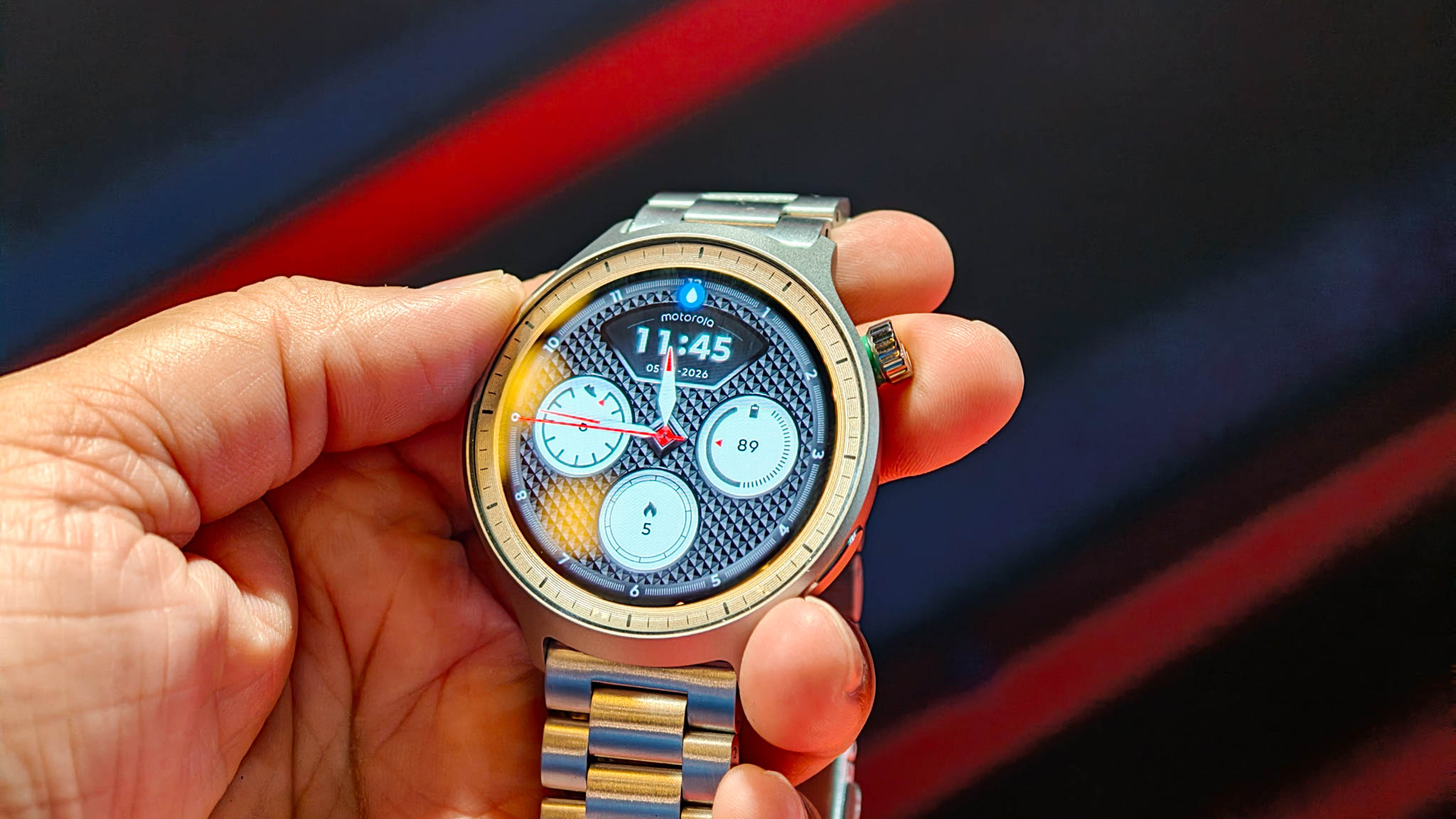The Note 10 runs Android even if Samsung doesn't want to admit it

The Galaxy Note 10 event was a weird one, even by Samsung standards. Most of it was weird in a good way — not rambling on about the CPU model or other specs that most people don't care about and instead showing off really cool things like S Pen wireless controls is a good example — but there were some puzzling moments, too. No mention that Bixby has co-opted the power button, or that the Gear VR was killed come to mind, but the thing that had me scratching my head the most was that Samsung didn't bother to mention that the Note 10 was Android-powered.
There was a time when that was a pretty big selling point (and one could argue that it still would be if done correctly) but it's apparent that Samsung feels like it's time to stand on its own and not talk about the software that powers the latest and greatest phone we should be buying. That's both a smart and stupid decision in my opinion.
Millions of apps
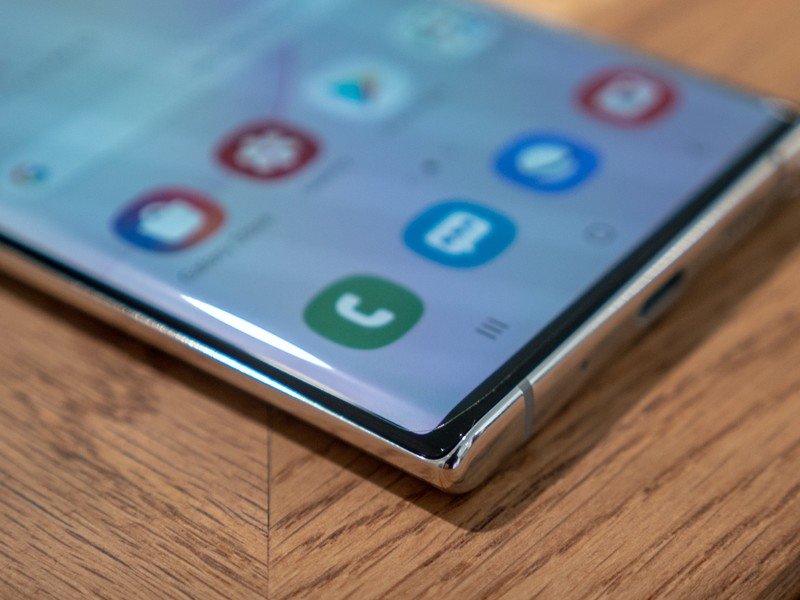
Try as it might, Samsung has no ecosystem on the software side. The company may make the best damn hardware you'll ever find when it comes to mobile, but outside of the handful of Galaxy features it has kept in its own version of Android it has to depend on Google to fill in the big holes through the Play Store. That's smart — Samsung focuses on things that make you want to buy a Galaxy phone and lets Google take care of app distribution until it can get the developer of every app you want to build them out for its own software store.
A Note 10 is still only as good as the apps it can run.
The thing is, Samsung knows it couldn't compete with Apple or Huawei if it had no access to those millions of apps. Like it or not, a smartphone lives and dies by being able to run the latest cool app that all your friends are talking about. In the past, Samsung made sure we all knew it had access to those apps because it's a major selling point. With the Note 10, it wasn't used as a selling point. I think it should have been, and should be every time. A Note 10 is still only as good as the apps it can run.
Features you won't get to see
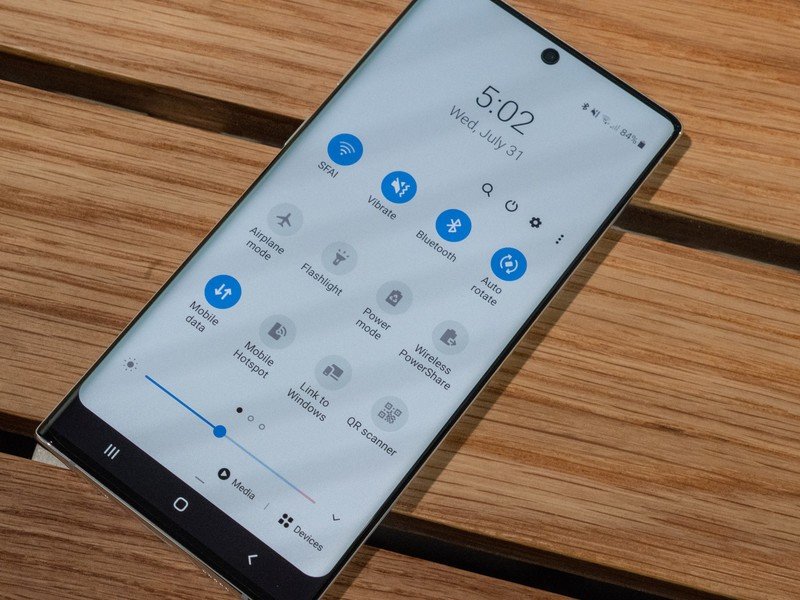
The smart reason to not mention Android is that it doesn't bring to light how long it will take Samsung to incorporate the new features Google has cooked up for Android Q and beyond. Tossing out all the gimmicks that Google will forget about usually leaves us with one or two must-have features that every phone manufacturer will implement when it updates the phones it sells. Android Pie's method of capturing a live video stream from multiple cameras is a great example because without it we don't get cool shit like a DepthVision camera. Android Q's permission and privacy changes will also be one of those features that Samsung will be using when it updates the Note 10's software. In 13 months.
The Note 10 will eventually give you that killer Android Q feature you really want. The opposite isn't true.
By not pointing out that the Note 10 is a full year behind the coming Pixel 4 — that Google "strategically" leak-announced as we ramped up for Unpacked — Samsung doesn't need to address why it takes so long to give those features to you. Instead, it can tell you about its own unique features that you'll love as much or more than anything Google has to offer. If you're reading this, there is a good chance you understand why Samsung can't just wave a magic wand and update every phone to Android Q once it's released, but the millions of people seeing Note 10 commercials or looking at them in a store might not be as Android-savvy.
Competition
One last thing I can think of when I ask myself why Samsung didn't mention Android is that it doesn't set the company apart from its competition. Tech press and commercials would like you to think that Samsung and Apple are in some epic cut-throat battle over users each and every release, but in the real world, people who use one end up sticking with it. Samsung's real competition is Huawei, Xiaomi, and Oppo and those companies all use Android to power their phones.
Get the latest news from Android Central, your trusted companion in the world of Android
The P30 Pro and Note 10 both use the exact same Play Store and Google Services package.
This gives the Note 10 and something like the Huawei P30 Pro the same playing field when it comes to apps and services, and no company wants to show off a level playing field with the competition. Bringing Microsoft CEO Satya Nadella onstage to showcase Samsung's unique partnership is something that Huawei or Oppo can't do, and seeing it makes an impact that a slide showing the number of apps in Google Play or easy access to Google Drive can't. That's something that tech press and CNBC will talk about and hopefully, you will, too.
What does this mean?
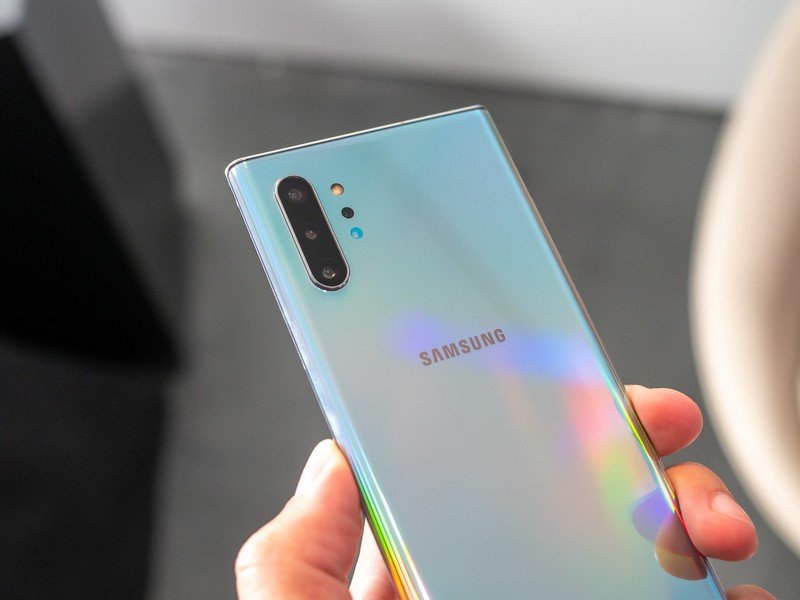
Take anything that you've read saying how Samsung is planning to abandon Google and Android and find a way to print it out so you can line a birdcage with it — it's garbage. Samsung needs Google the same way Huawei does and the same way Google needs Samsung. These two companies bend over backward to make each other happy and profitable because they work in tandem; when Samsung makes lots of money, Google makes lots of money, and vice-versa. They are figuratively joined at the hip.
Google and Samsung are joined at the hip, like it or not.
Samsung took an hour or so to tell us all the cool shit the Note 10 could do while glossing over the company's relationship with Google and the shortcomings the phones have. That's the smart play if it wants you to think about buying one. Samsung is pretty good at this whole selling phones thing and if this didn't work the way it had planned, next year we'll see something different. This was just a company not afraid to try anything giving something new a try, and I have a feeling it isn't going to hurt them one tiny bit.
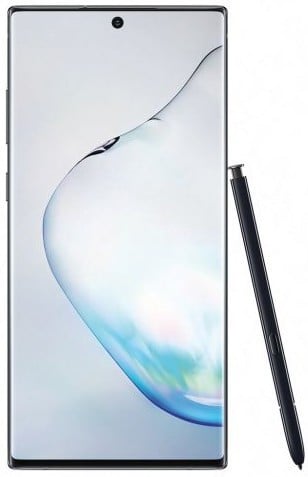
The best smartphone Samsung makes.
It's a powerhouse of a phone that will do absolutely everything you want. Hardware, specs, display, features and cameras are all solid. And you get the S Pen. But you have to pay for it — so be sure that that's all what you want (and need) before choosing it over the S10+.
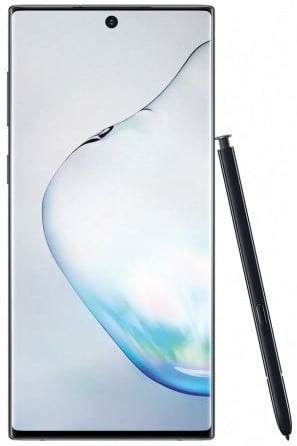
An S Pen in a more manageable package.
If you have been intrigued by Notes but ultimately skipped them because of their size, this may be the phone for you. A proper Samsung flagship, with the S Pen, in a size smaller than the Galaxy S10+. You just pay extra for the privilege.

Jerry is an amateur woodworker and struggling shade tree mechanic. There's nothing he can't take apart, but many things he can't reassemble. You'll find him writing and speaking his loud opinion on Android Central and occasionally on Threads.
